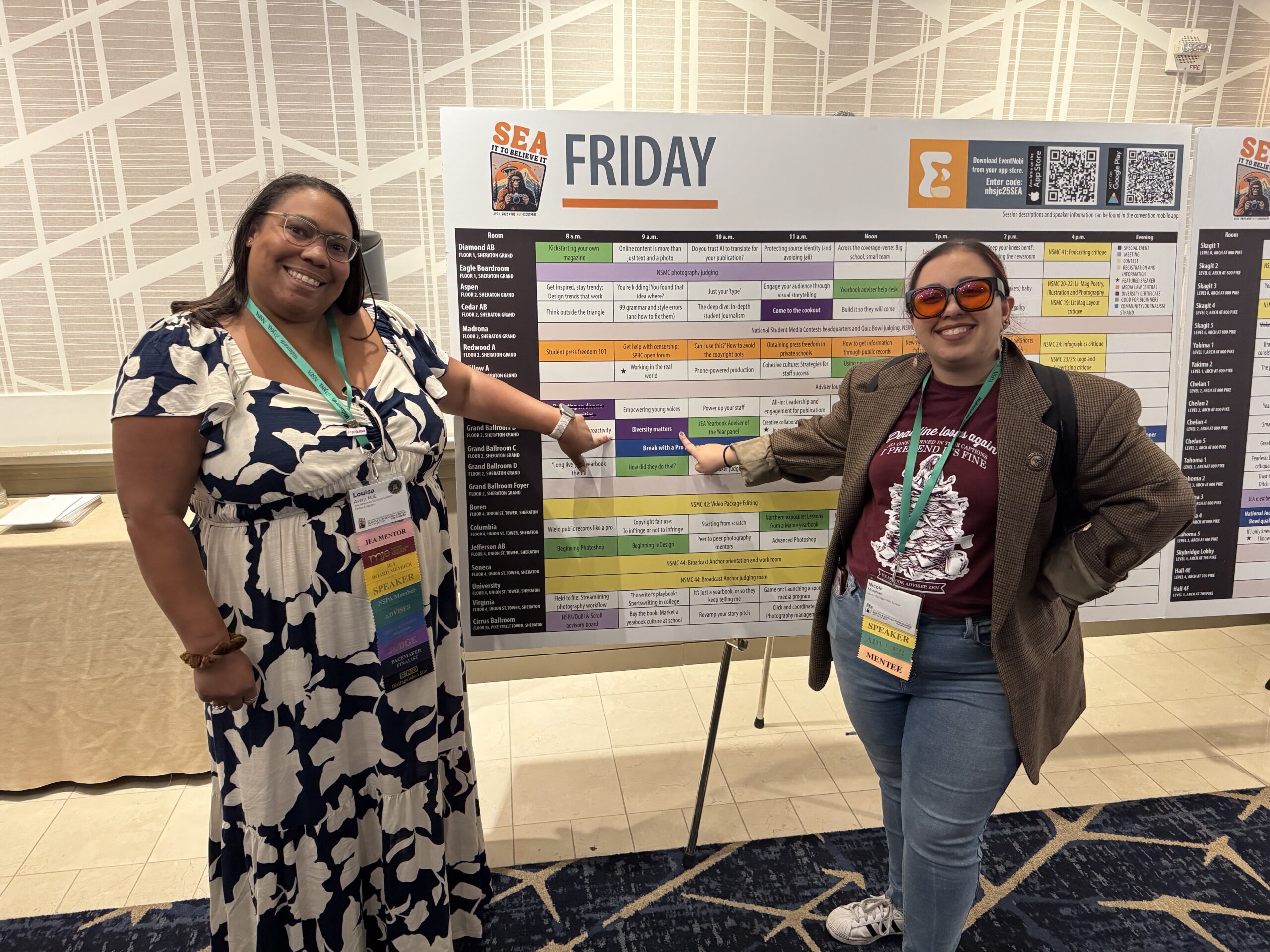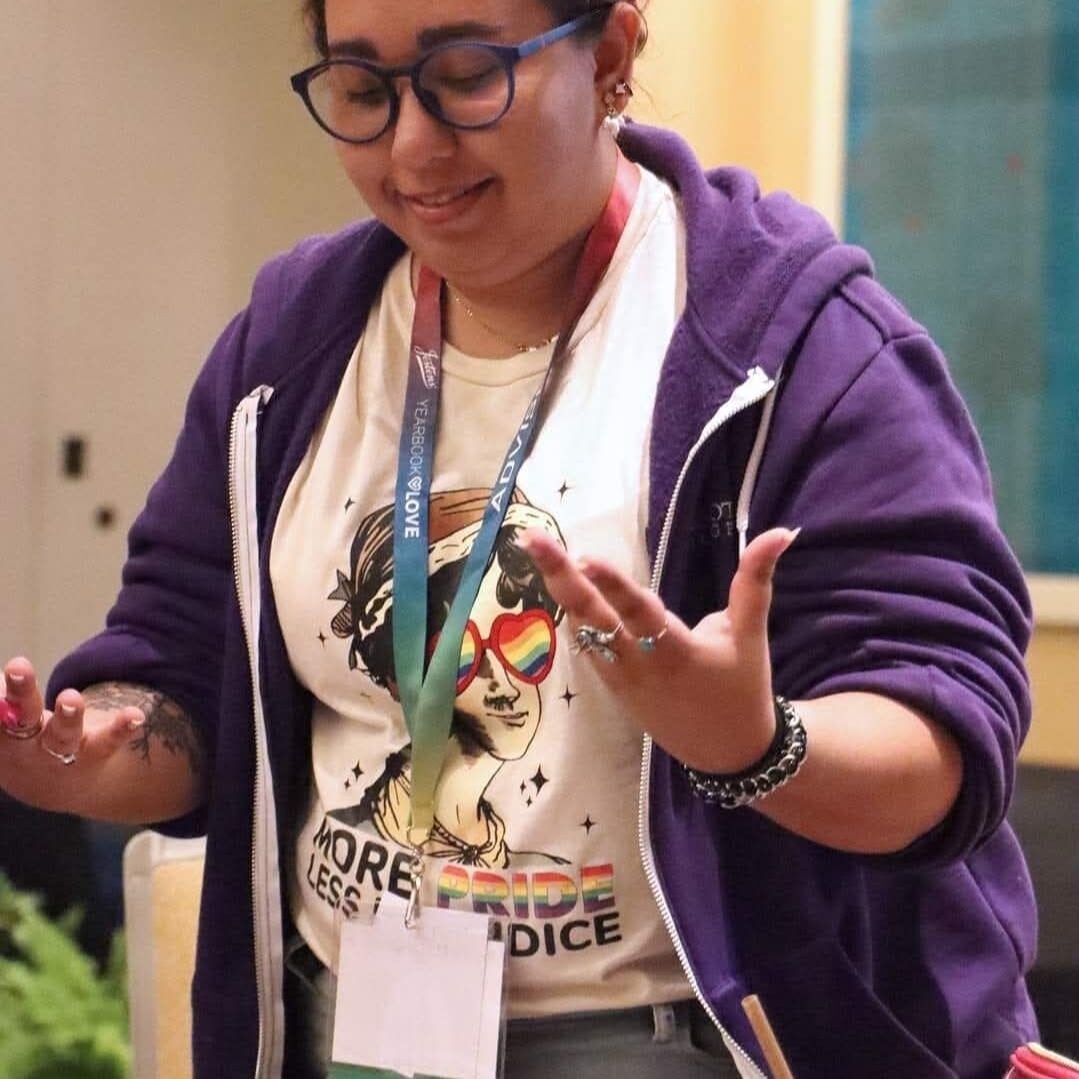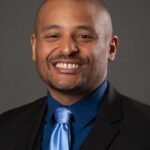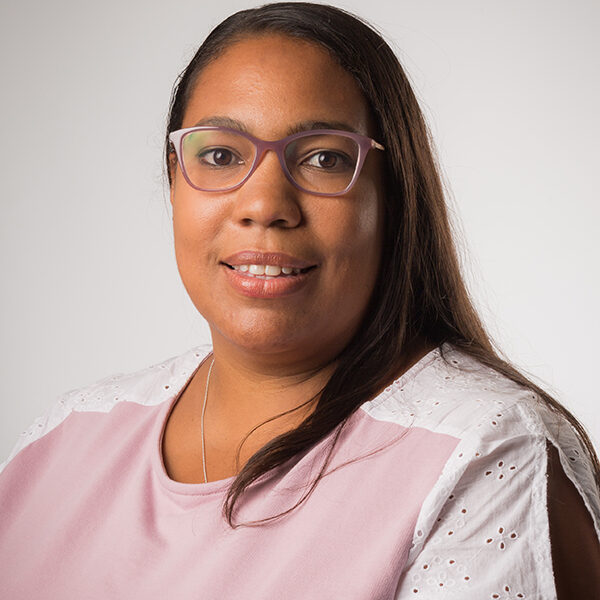Mentoring Program
The mentoring program exists to help and support new teachers/advisers, hoping to keep knowledgeable and passionate journalism educators in the classroom.
Through a personal relationship, mentors can share best practices and resources, collaborate in lesson planning and serve as a valuable connection to a professional learning community with their mentees. The program matches trained veteran advisers with individuals new to teaching journalism and advising student media to offer support and guidance during their initial years in scholastic journalism education.
The program focuses on giving new advisers a chance to ask questions, receive individualized feedback, and take positive risks while growing their programs and gaining a sense of comfort and confidence in their journalism teaching and advising. Mentees in their second year of the program are eligible to attend a national convention with their mentor paid for through a generous grant from the Skyline Foundation as long as they remain in good standing with the program.* (link to policies below)
Mentees must be current members of JEA at the time of enrollment and can receive up to two additional free years of JEA membership during their time in the program by complying with the program’s policies.*
To enroll as a mentee or mentor, fill out this form. If you have additional questions, email the Mentoring Program Chair, Alicia Merrifield, MJE, at mentoring@jea.org.

Benefits of program
Benefits of Being a Mentee:
- A personal relationship with a veteran adviser
- Help and support with publication, classroom management and issues
- Two FREE years of JEA Membership (Three years for the price of ONE)
- Travel/hotel paid for the National Conference during the second year (must judge and lead a session at the convention for free registration, flights and lodging).
- Membership to the Adviser’s Flock online group
Benefits of Being a Mentor:
- Personal relationships with new advisers
- Being a part of a community of advisers who love the profession and are excited about the future.
- Help and support with publication, classroom management and issues via online resources
- Travel/hotel paid to a National Conference during the mentees’ second year (must judge and lead a session for free convention registration).
- Membership to the Adviser’s Flock online group.
How the process works
Mentor Training: Mentors will complete training modules in Participate and an exit video conference with a member of the mentoring committee to earn the Mentoring credential. Once both aspects of the training are complete, mentors will be paired with a mentee. The committee tries to pair mentors/mentees by state so that press laws are similar. Mentors are encouraged to handle day-to-day classroom and general journalism questions and farm out any publication-specific questions they do not feel qualified to answer to any of the online programs or services in the JEA community. The entire mentoring program is geared to support and help each other!
Program Cohorts: The program operates on the school system's fall and spring semester schedule. Mentees who sign up between Feb. 1 and Sept. 1 will be paired with a mentor for the fall semester. Mentees who sign up between Sept. 1 and Feb. 1 will be assigned to the spring semester.
Forms: Before a mentee can be assigned to a mentor, they must complete the mentee profile and an administrator agreement. These forms will be shared with the Mentoring Program chair and JEA executive director. The mentor will also complete this form for each mentee.
Each Semester: Mentors and mentees regularly communicate and collaborate. Mentors will complete end-of-term reports after each semester for each of their mentees. Mentors can bring second-year mentees to the JEA/NSPA Fall National High School Journalism Convention. (Note: Mentors must select one of the National conventions and invite all their second-year mentees to attend that convention.) Mentees who are exiting their second year or their optional third year will fill out the mentee exit survey and receive a certificate of completion.
Program policies
Mentee: To be in Good Stead:
- Be a current member of JEA
- Be advising for 3 or fewer years (you may have taught longer, but mentees should only have advised a journalism program for 3 or fewer years.)
- Complete the Mentee Profile and School Administrator Agreement forms
- Respond/reach out to the mentor at least once per month
- To receive free travel/hotel to a national convention in the second year, mentors must travel with their mentees, agree to judge a competition and lead at least one session during the convention.
Mentor: To be in Good Stead:
- Be a veteran journalism adviser.
- Complete the training in Participate in a timely manner
- Complete an exit interview with a Committee member
- Hold a current JEA certification, CJE or MJE, Link to certification here
- Have at least one mentee each semester (Each mentor can take up to two sabbatical semesters during their time in the program. Talk to the Mentoring Committee Chairperson for more information.)
- Respond/reach out to your mentee(s) at least once per month.
- Complete the mentor report form at the end of each semester for each mentee.
- To receive free travel/hotel to a national convention, mentors must travel with their second-year mentees, agree to judge a competition and lead at least one session during the convention. Mentors may only have travel paid to ONE convention per year.
- During the optional third year, mentors are encouraged to assist their mentees with the JEA certification process in the hopes that they will want to become mentors.
What our mentees say

Q: What does having a JEA mentor mean to you?
"Every professional should have a mentor and a mentee during their career. I often hear that serving as a journalism adviser is like being on an island. But these days it seems like the waters are rising ever closer to our feet. Mentors offer an invaluable sounding board on blue-sky days and when things have gone sideways. Connection builds confidence. We could always use more of that."
Q: What is the best advice you’ve gotten from your mentor?
"It's hard to pinpoint one piece of advice because it's encompassed so much. A staff handbook she shared was an excellent starting point for our program. On a macro level, she inspires me to serve this nationwide community of educators."

Q: What does mentoring mean to you?
“Having a Journalism Education Association mentor has meant more to me than I can put into words. Louisa Avery has been a steady hand and a source of strength through every step of my journey. She helped me build a yearbook culture I’m proud of, introduced me to a world of connections I wouldn’t have found on my own, and was there for me whenever I needed advice- whether it was renegotiating contracts, handling student conflicts, or just surviving the hard days. And when she didn’t have the answer, she always knew someone who did, and made sure I never felt alone. Journalism teachers can sometimes feel like they’re on an island, but thanks to Louisa, I never had to be. She’s been my lifeline, my advocate, and the ‘grown-uppier grown-up’ I could turn to when I needed it most. I am so grateful to call her my mentor and my friend.”
Q: What is the best advice you’ve gotten from your mentor?
“Louisa taught me that asking for help isn’t a weakness- it’s a strength. In yearbook, where it can feel like the entire weight of the publication is on your shoulders, that reminder was everything. She taught me that building a strong yearbook isn’t about doing it all myself; it’s about trusting my staff, leaning on my community, and knowing when to reach out. That advice has carried me through deadline seasons, tough conversations, and some of the proudest moments I’ve had as an adviser!”
What our mentors say

Q: What does mentoring mean to you?
A: “For many journalism advisers, we are the only ones at our schools. It is incredibly important to foster relationships within our academic circle, especially building up and mentoring new advisers. It can be a lonely place, especially during that moment in the year when you have a newspaper and yearbook deadline back to back, teaching intro classes or classes in another discipline, all while having colleagues, administrators and parents down your throat because they need something from you.”

Q: What does mentoring mean to you?
“Mentoring means so much to me! It’s a chance to give back to a community that has given me so much. I learn just as much from my mentees as they learn from me. Their passion and excitement for the field inspires me and gives me hope for the future of this field. I also feel incredibly proud when I see my mentees turn around and get involved in the organization. Advisers thrive as part of this community.”
